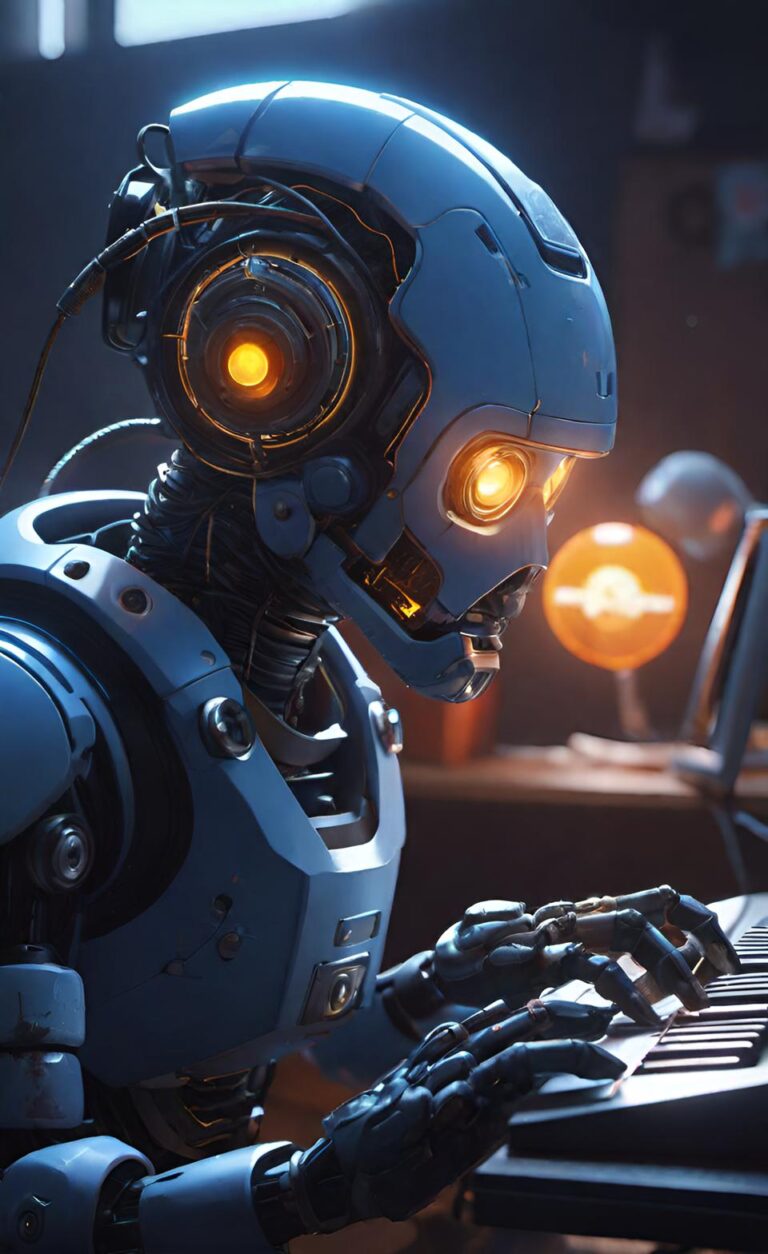The Rise of AI in the Creative Industry
Artificial Intelligence (AI) has undeniably revolutionized various industries, including the creative sector. With its ability to generate content, produce artworks, and even compose music, AI has become an integral tool for many creative companies. However, its growing presence in the industry has sparked a controversial debate, with artists demanding apologies from these companies for their use of AI without proper acknowledgment. This article delves into the reasons behind artists seeking apologies, the impact of AI on creativity, and the ongoing discussion surrounding this issue.
Artificial Intelligence: A Double-Edged Sword
AI-powered tools and algorithms offer significant advantages to creative companies. They can assist in generating unique design concepts, synthesizing new ideas, and automating repetitive tasks, thereby allowing artists to focus on more intricate aspects of their work. However, this convenience comes at a price. Artistic authenticity is at stake when AI-generated content lacks the emotions, experiences, and unique perspectives that human artists bring to the table.
While AI may mimic the style of a renowned artist or compose music that resonates with listeners, it lacks the genuine creativity and personal touch that only human beings can provide. This discrepancy has led to a backlash from artists, who argue that companies using AI should acknowledge their human counterparts and publicly apologize for their oversight.
The Demand for Apologies
Artists worldwide are rallying for recognition and respect for their craft amid the increasing reliance on AI. They contend that even if AI produces visually stunning art or captivating music, it must be attributed to the software and not credited solely to the creative company. By demanding apologies, artists aim to shed light on the meticulous efforts they put into their work, the emotions embedded within their creations, and the value they bring to the overall creative process.
Moreover, artists argue that AI-generated content perpetuates a devaluation of their profession. When creative companies present AI-generated art as indistinguishable from human-made art, they risk diluting the significance of the artist’s role and relegate their contributions to mere programming and data analysis. This trend undermines the artistic community and the appreciation for originality and ingenuity in their work.
The Ongoing Debate: Humans vs. Machines
The rise of AI in the creative industry has led to an ongoing debate on the role of humans versus machines. While some argue that AI enhances creativity, others contend that it merely imitates it. AI may mimic existing art movements, replicate established artists, and generate content that adheres to prevailing trends, but it lacks the ability to introduce radical ideas or break new artistic ground.
Despite its limitations, AI can undoubtedly offer inspiration and assist in the creative process. However, artists emphasize the importance of recognizing their pivotal contribution and the unique perspectives they bring. They call for a balance where AI supports their work instead of replacing or overshadowing it.
Value and Ethical Considerations
Beyond the demand for apologies, the use of AI in the creative industry raises several ethical concerns. The ownership and authenticity of AI-generated content, copyright infringement, and the potential for AI to replicate an artist’s identity are just a few examples. Artists are at the forefront of this debate, advocating for transparency, fair credit, and ethical guidelines to safeguard their profession.
While creative companies may argue that AI is merely a tool, artists stress the importance of recognizing the intrinsic value of human creativity. They believe that acknowledging the contribution of human artists and establishing ethical boundaries will ensure a harmonious integration of AI into the creative industry.
FAQ – Artists, AI, and Apologies
1. Why are artists demanding apologies from creative companies using AI?
Artists demand apologies because they believe creative companies are overlooking their genuine craftsmanship and attributing AI-generated content solely to themselves, neglecting the role of human artists.
2. What impact does AI have on artistic authenticity?
AI has the potential to diminish artistic authenticity by producing content that lacks the emotions, experiences, and unique perspectives that only human artists possess.
3. Can AI truly replace human creativity?
While AI can mimic aspects of human creativity, it cannot truly replace it. AI lacks the ability to introduce innovative ideas, break new artistic ground, or infuse artworks with the depth and personal touch of human artists.
4. What ethical concerns arise from the use of AI in the creative industry?
The use of AI raises ethical concerns related to ownership and authenticity of AI-generated content, copyright infringement, and the potential replication of an artist’s identity.
5. How can the integration of AI into the creative industry be balanced?
Artists emphasize the need for a balanced approach, where AI assists and enhances human creativity rather than replacing or overshadowing it. Recognizing the contribution of human artists and establishing ethical guidelines are crucial steps in achieving this balance.
The use of AI in the creative industry has spurred artists to demand apologies from creative companies. This article has explored the reasons behind these demands, the impact of AI on artistic authenticity, the ongoing debate surrounding human versus machine creativity, and the ethical considerations arising from AI’s integration. The role of artists in preserving creativity, authenticity, and the human touch remains at the core of this discussion.



